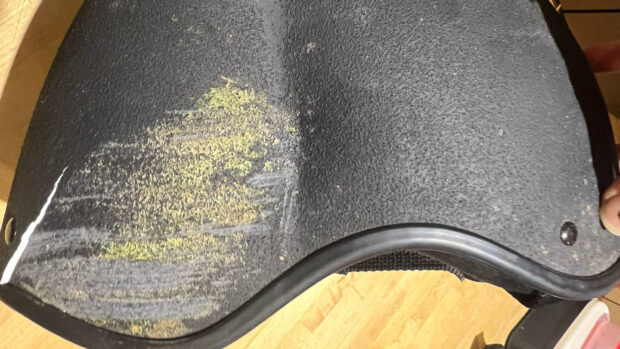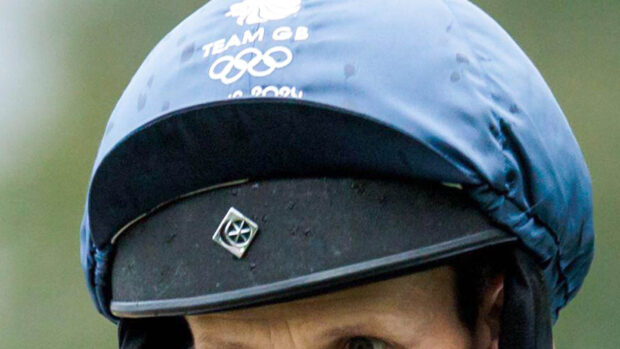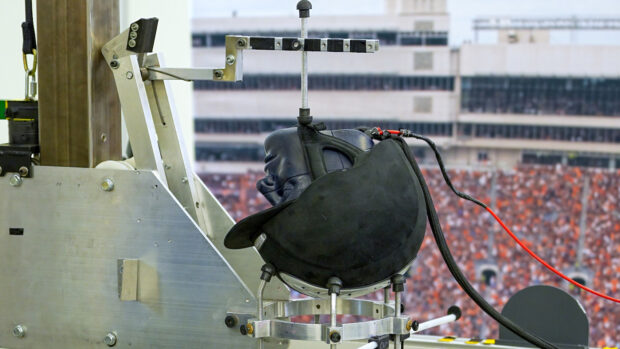This weekend (16-17 September 2017) is the eighth annual International Helmet Awareness Day, and to mark the occasion we take a look at a few things that you may not know about concussion
1. The average amount of traumatic brain injury-related deaths in equestrian sport is more than seven times that of traumatic brain injury-related deaths in contact sports — that’s an average of 60 deaths in equestrian sports each year.
2. According to the Centre for Disease Control, a concussion is a type of traumatic brain injury (TBI) caused by a bump, blow or jolt to the head, which causes the brain or head to move back and forth rapidly. When that happens, inside your head your brain will bounce or twist around, damaging the brain cells, thus creating chemical changes in the brain.
3. Concussions cannot be captured on any imaging because there are no abnormalities, says Dr Lola Chambless, a neurosurgeon at Vanderbilt University in Nashville, Tennessee, and long time event rider. The symptoms are purely a clinical diagnosis — you will not see anything on a CT scan or MRI.
4. Symptoms of a concussion can include appearing dazed or confused, headache, nausea or vomiting, balance problems or dizziness and feeling groggy or sluggish. However, not all concussions are obvious so if you are at all concerned you should seek professional medical advice.
5. Because most falls can happen when you’re not at a sanctioned equestrian event, most concussions can go undiagnosed. “Things like that happen all the time, and most people generally are not going to seek medical attention unless they are very symptomatic,” says Dr Chambless.
6. Dr Chambless has worked with the National Football League in America, which has produced a concussion protocol to be used along the sidelines at the games to help diagnose players with concussion. And while the protocol’s questions are football-specific, they can be modified for any sport. She strongly encourages trainers, instructors and riders to all learn to ask these questions any time a fellow rider has come off their horse. The series of questions are fairly simple to essentially test immediate and short-term memory of the person in question. Questions may include: Where are we riding today? What colour is your saddle pad? Where did you last compete your horse? What’s your horse’s name? If she/he cannot answer one of these questions, it is recommended to have medical professional see them to make a further diagnosis.
7. And it’s the aftercare for concussions that are just as important. Someone who has suffered from a previous concussion should try to avoid taking any unnecessary risks with training, but most importantly prevent secondary injury. Secondary injury is when a rider returns to the saddle before they’ve fully recovered from a concussion, putting them at a much greater risk for long-term or permanent issues from a concussion.
Continued below…
Liked this? You may also enjoy reading this article…
This weekend (14-15 September 2019) is the 10th
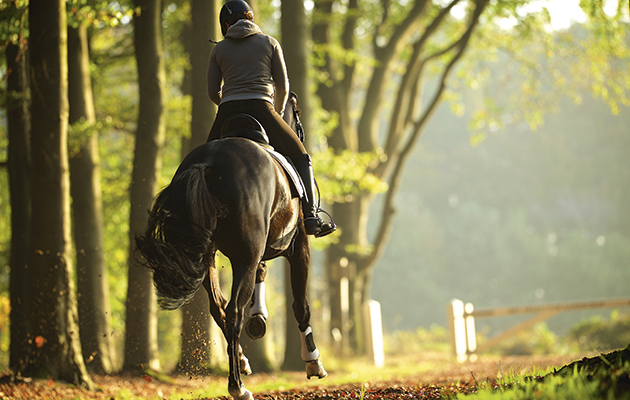
10 things to remember on International Helmet Awareness Day
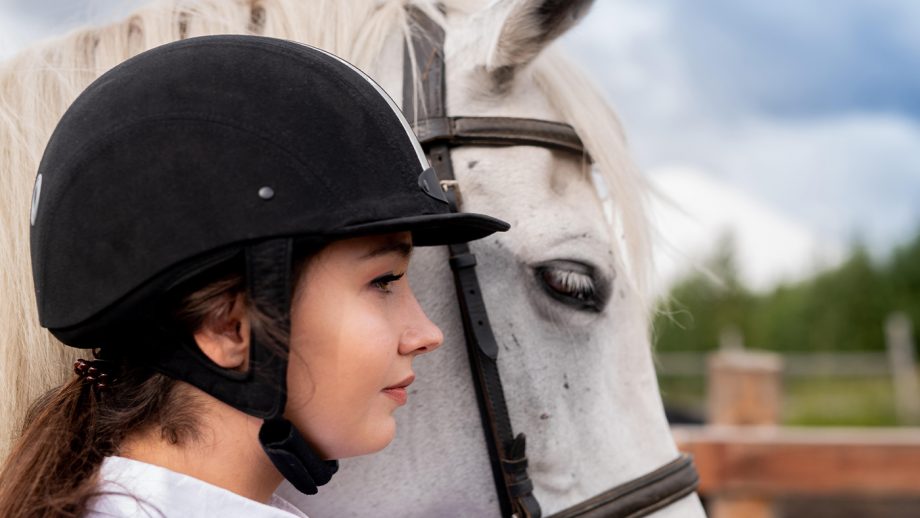
13 riding hats that are worth your attention
8. While approved helmets do reduce the chance of a lethal head injury and can save your life, they do not prevent concussions.
9. Helmets are designed to limit the types of forces that cause skull fractures and intracranial hemorrhage, which are things that are going to kill you or leave you with neurologic problems. Unfortunately, they are not designed to affect the forces that generally we believe can cause a concussion. “Unfortunately, there is no safety gear out there currently that really reduces your chances of concussion from a fall of six feet, which is basically what you’re assuming you’re going to fall from in most equestrian injuries,” says Dr Chambless. “We can’t prevent people from falling off, but we can make it a lesser risk by wearing a helmet and riding in safe situations.”
To celebrate International Helmet Awareness Day, Riders4helmets has teamed up with leading manufacturers to offer special discounts on safety headgear. Find out more at riders4helmets.com
For all the latest news and reports don’t miss Horse & Hound magazine, out every Thursday

